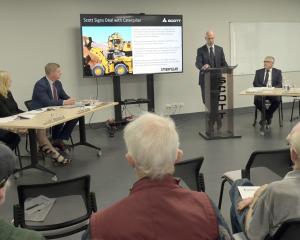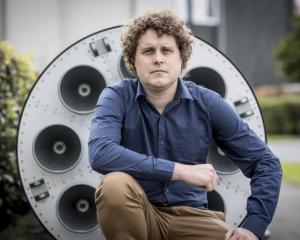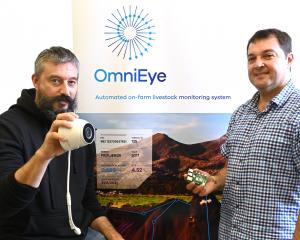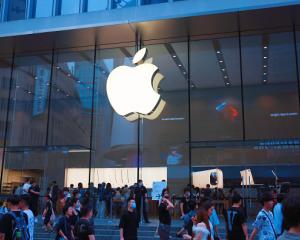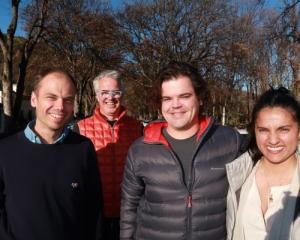Anonymous was protesting against the arrest of Megaupload.com founder Kim Dotcom (Kim Schmitz) and three others in Auckland yesterday.
Dotcom (38) and Bram van der Kolk (29) are New Zealand residents. Finn Batato (38) and Mathias Ortman (40) are both from Germany.
They were arrested by Organised and Financial Crime Agency New Zealand and the New Zealand police, who executed provisional arrest warrants requested by US authorities.
The four appeared in the North Shore District Court yesterday afternoon.
Soon after the news of the arrests broke on BBC Online, Anonymous launched an attack on the White House website after successfully breaking the sites for the US Department of Justice, the Universal Music Group and the Recording Industry Association of America (RIAA).
The FBI site also went down for a short time.
Telecommunications Users Association of New Zealand chief executive Paul Brislen told the Otago Daily Times there appeared to be more behind the arrest of Dotcom than just the allegations of large-scale criminal copyright infringement and money laundering.
"This does not appear to be just a copyright issue."
The arrests were carried out by the Organised and Financial Crime Agency of New Zealand and New Zealand Police, following a mutual legal assistance request from the US to arrest individuals for the purpose of extradition.
The FBI was investigating a group of people who were alleged to be engaged in and facilitating criminal copyright infringement and money laundering on a massive scale, a statement from the police said.
The group, known as the "Mega Conspiracy", allegedly operated Megaupload.com, an internet website that offered file-hosting and distribution services.
The site had been accused by the US Department of Justice of reproducing and distributing infringing copies of all types of copyrighted works, including movies, television programmes, music, software and books.
The estimated harm to copyright holders was believed to be more than $US500 million ($NZ624 million), the statement said.
Late last year the site became a magnet for controversy after it released a song and video featuring Kanye West, Swizz Beatz, Will.I.Am and other celebrities apparently endorsing the site.
Megaupload was seen as unique, not only because of its massive size and volume of downloaded content, but also because it had high-profile support from celebrities, musicians and other content producers who were most often the victims of copyright infringement and piracy.
Megaupload is considered a "cyberlocker", in which users can upload and transfer files that are too large to send by email. Such sites can have legitimate uses. But the Motion Picture Association of America, which has campaigned for a crackdown on piracy, estimated most content being shared on Megaupload was in violation of copyright laws.
Billboard reported the Hong Kong-based company listed Swizz Beatz as its chief executive. Before the site was taken down, it posted a statement saying allegations it facilitated massive beaches of copyright laws were "grotesquely overblown".
Mr Brislen said it seemed coincidental the arrests happened so close to the blackout of major websites in New Zealand and the US in protest at the Stop Online Piracy Act (Sopa) and the Protect IP Act (Pipa). But he believed that more action from groups such as Anonymous would follow.
Although US President Barack Obama appeared this week to soften his stance to Sopa, Anonymous vowed to increase its attacks.
The internet was built on the ability to copy files from one place to another, Mr Brislen said.
"We talk about moving files around, but what we are doing is copying them. That is the whole premise of why the [US] Department of Defense got it started. It wanted a non-stoppable file-sharing operation.
"We have only just convinced the Americans that it is the World Wide Web, not the American Wide Web," he said.
"Geeks" were already treating attempts to close down parts of the internet as "damage" and were finding ways around the blocks. That would continue.
The danger would be if countries such as the US and China ran their own versions of the internet and locked out the rest of the world, Mr Brislen said.
Police said assets seized yesterday included luxury cars with an estimated value of up to $6 million. More than $10 million had been seized from New Zealand financial institutions.
Those had been secured by the New Zealand Official Assignee, pending the outcome of legal proceedings.
Detective Inspector Grant Wormald, of the crime agency, said the arrests were the result of several months co-ordination with the FBI and the Department of Justice. All of the accused had been indicted in the US. The agency would continue to work with the US authorities to assist with extradition proceedings, he said.


